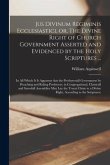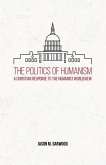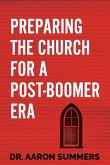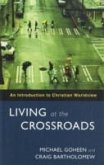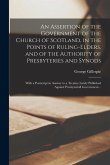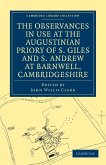Augustine of Hippo wrote a great deal regarding the subject of state-sponsored armed conflict. His views have been categorized into the concepts of jus ad bellum, jus in bello, and, more recently, jus post bellum. Jus ad bellum and jus in bello address the moral responsibilities of a nation and its sovereign as the decision to enter into conflict is made and as agents of the state endeavor to keep human suffering to a minimum. Jus post bellum is a more recent ideal that has, since World War I, addressed the need to establish a long-lasting peace upon the conclusion of hostilities. Interestingly, while the proponents of jus post bellum appeal to the Augustinian ideal of promoting a lasting peace, this attribution has taken place relatively recently. Therefore, the purpose of this work is to examine whether or not Augustine would have agreed with the idea of jus post bellum as it is practiced today. Chapter one presents research questions, a literary review, and a methodology of study. Chapter two addresses what Augustine said about war in his own writings while providing necessary historical context. Chapter three examines the formulation and development of jus post bellum. In chapter four, practical examples of jus post bellum are discussed and traced back to their Augustinian origins. This work then concludes with apologetic implications before noting areas for further study. As a whole, this book finds that, while the principles of jus post bellum, as advocated for by Augustine, were fulfilled in the conflicts preceding the mid-twentieth century, recent experiences in Iraq and Afghanistan have shown a need to revisit Augustine's framework. Furthermore, with the recent conclusion of the American experience in Afghanistan, the time is ripe to examine the lessons learned and reintroduce a Christian worldview into future jus post bellum decision processes.
Hinweis: Dieser Artikel kann nur an eine deutsche Lieferadresse ausgeliefert werden.
Hinweis: Dieser Artikel kann nur an eine deutsche Lieferadresse ausgeliefert werden.


